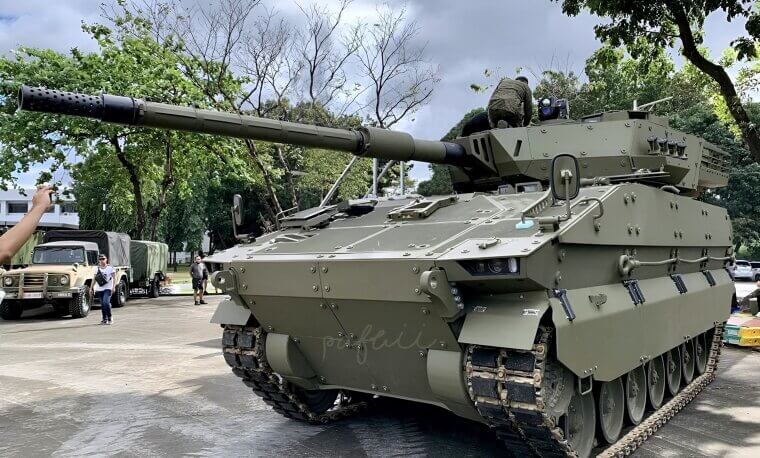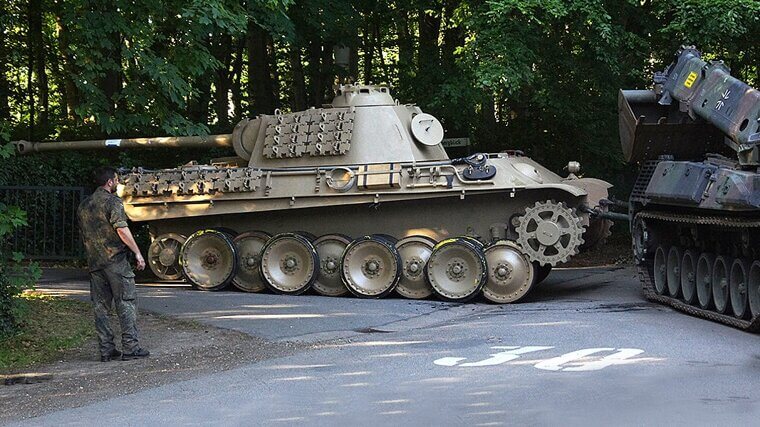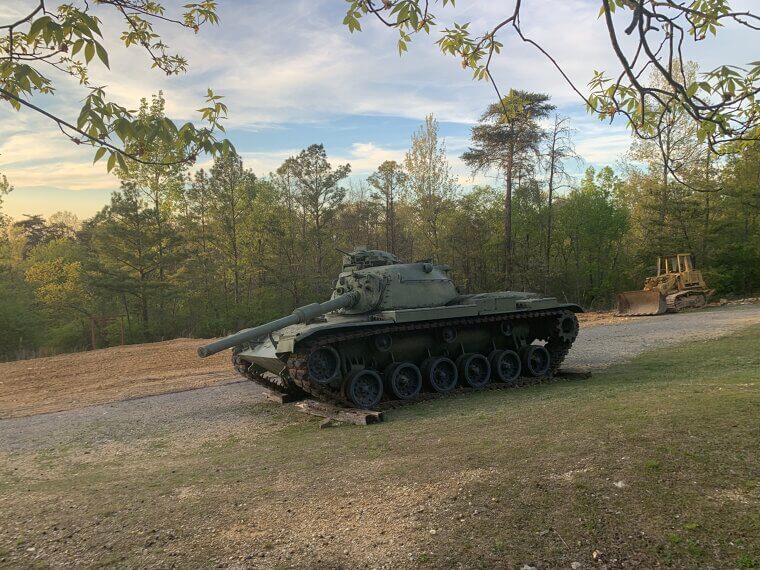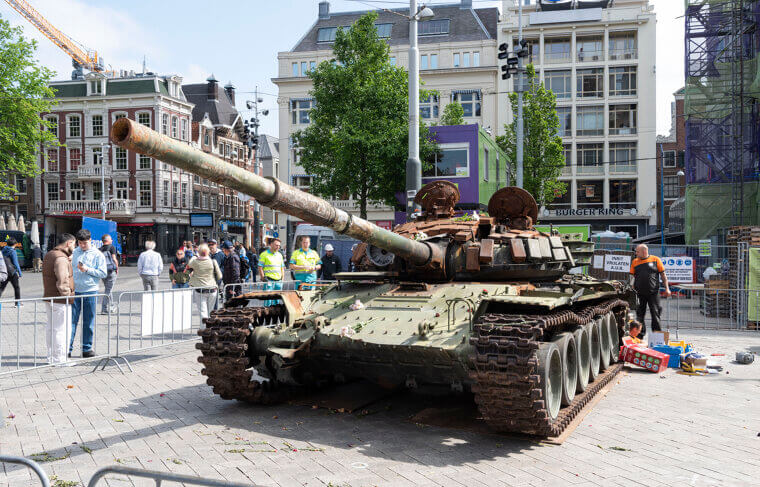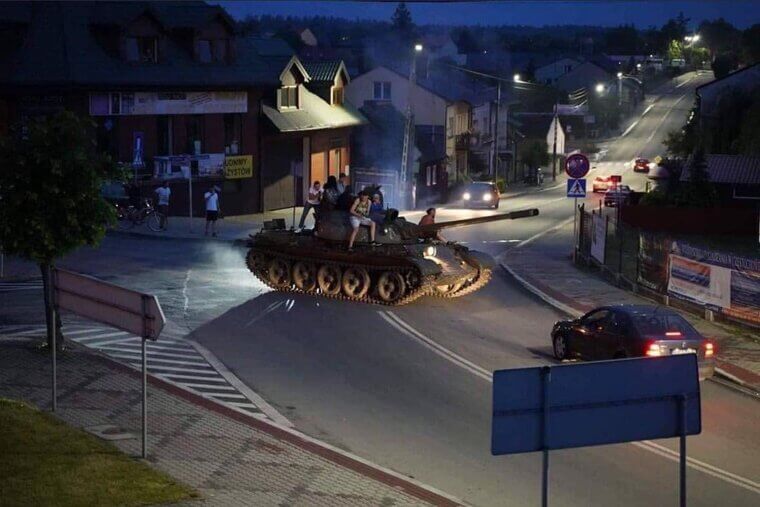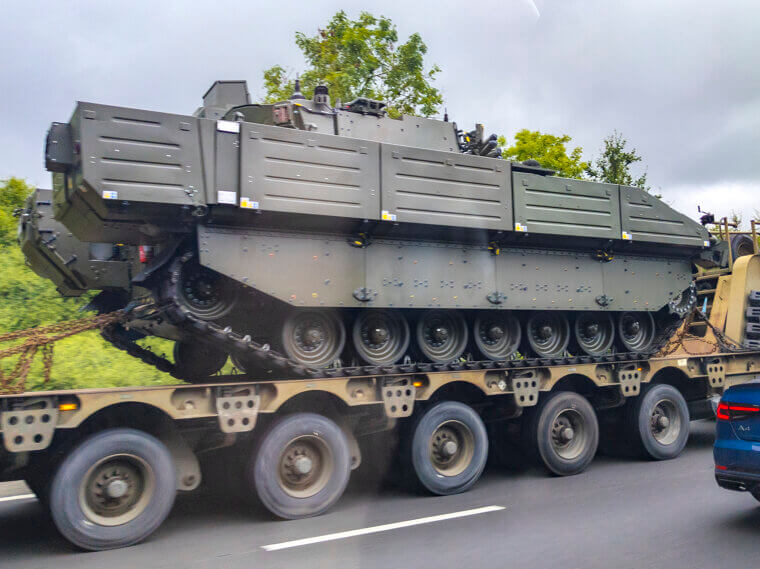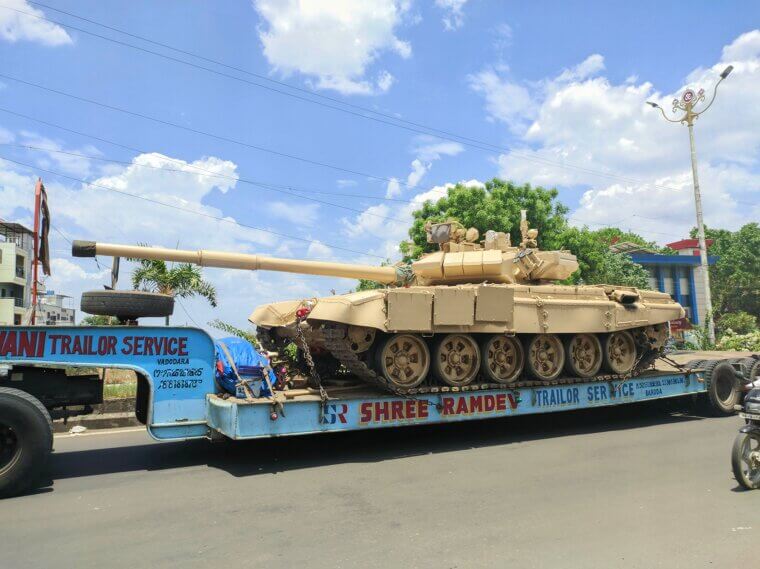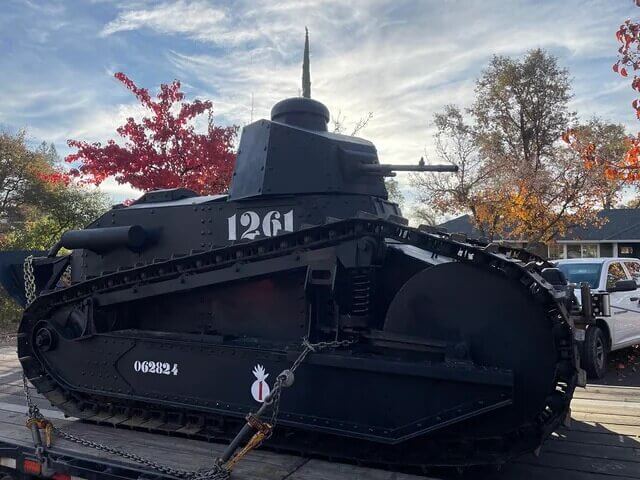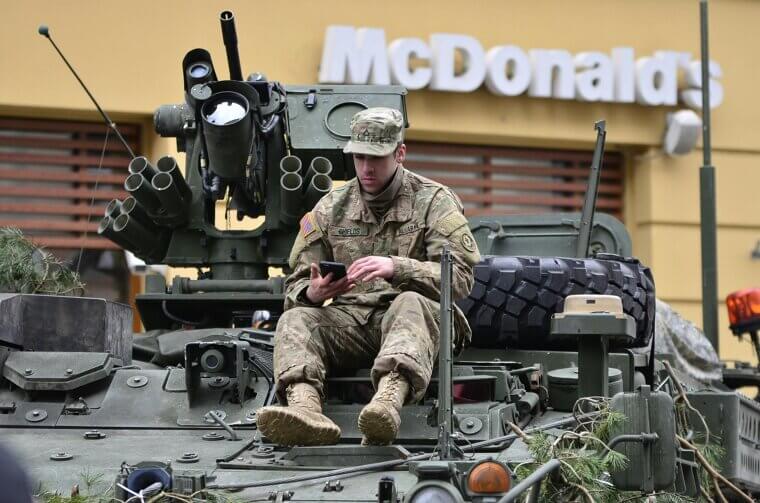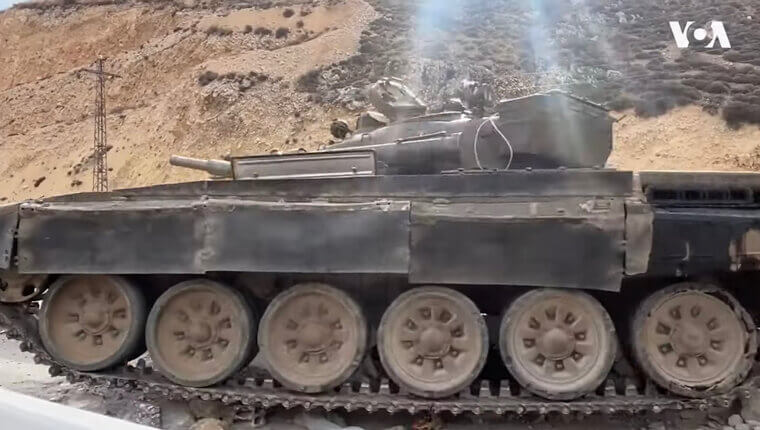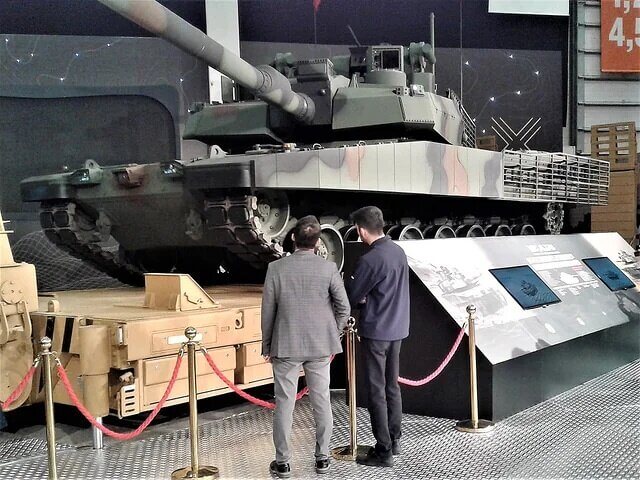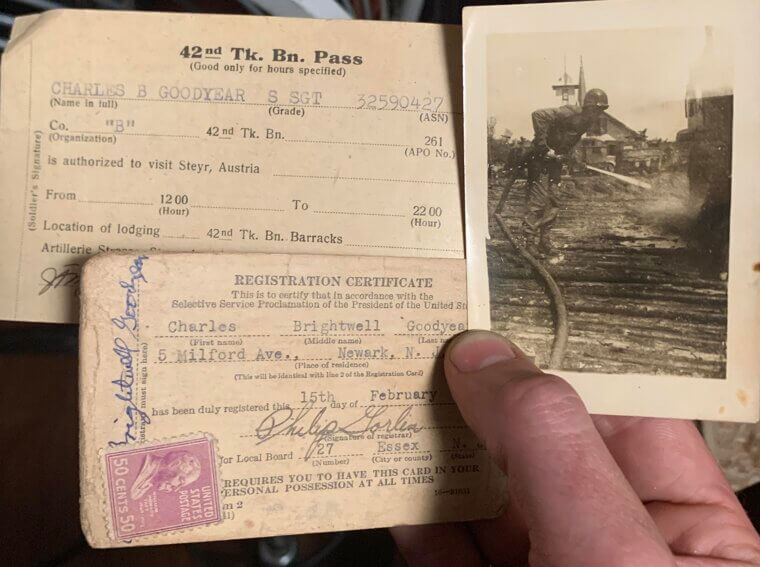Here's What You Need to Do in the U. S. To Legally Drive an Army Tank
Dreaming of driving a tank down Main Street? Careful planning is required for everything from demilitarizing weapons to obtaining permits, insurance, specialist licensing, navigating state-specific DMV regulations, and handling shipping difficulties. So, if you’re serious about driving a tank, continue reading to learn the necessary procedures to operate one in the United States legally.
Demilitarizing Tanks for Legal Road Use
Removing or deactivating all weapons and military-grade components is the first step in converting a battle-hardened tank into a roadworthy vehicle. Demilitarization is the procedure that turns tanks into legal vehicles. So, you need to make sure every cannon, turret, and firing mechanism is rendered inactive before you touch public highways.
Federal Registration
Before you drive, you must register your demilitarized tank with the Bureau of Alcohol, Tobacco, Firearms, and Explosives (ATF). In-depth documentation pertaining to the vehicle's history, serial numbers, and evidence of civilian use must be submitted. Fail to do this, and you’ll get a one-way ticket to jail!
Nationwide DMV Rules Vary by State
Department of Motor Vehicles regulations for domestically constructed or modified vehicles, including tanks, vary by state. You'll have to manage different paperwork, costs, and registration procedures for everything from emissions testing to specific VIN inspections. To avoid surprises, find out the armor vehicle policies of your local DMV.
Specialized Tank Driving License Requirements
Ordinary driver's licenses are insufficient while operating a 60-ton monster. Certain states demand a customized armored vehicle certification or a commercial driver's license with specific endorsements. A thorough road test, practical instruction, and lectures on heavy vehicle dynamics are to be expected. Tank second, safety first!
Insuring Your Armored Vehicle Accurately
It can be difficult to find insurance that takes on tanks - probably unsurprisingly! Specialized insurers provide liability and comprehensive coverage specific to armored vehicles. You will supply safety improvements, demilitarization certificates, and construction logs. Here, a typical auto policy won't cut it!
Permits and Trailers
Tanks hardly ever roll onto streets on their own due to their immense size. You will purchase a specialized trailer with adequate load capacity and safe tie-downs, as well as set up heavy-haul permits. To arrive in style, careful preparation is necessary (so don’t overlook it!)
Garages and Local Laws (Storage Zoning)
Tank storage is more than just a driveway choice. Heavy military equipment storage in residential areas may be prohibited by municipal zoning rules. You may be able to obtain a commercial or agricultural storage permit by researching local codes.
Ensuring Roadworthiness
Tanks require thorough mechanical checks prior to each deployment, even when they are not armed. Motor vehicle safety regulations must be followed by brake systems, tracks, engine parts, and lighting.
Road Restrictions (Speed, Routes, Events)
States enforce stringent restrictions, as public highways were not designed for armored giants. Your journey is shaped by speed limits, bridge weight constraints, and prohibited urban areas. You might be able to parade your tank around town with special event permits, but be prepared for road closures and police coordination.
Purchasing, Upkeep, and Fees
The initial cost of purchasing a tank is high; for restored versions, it is sometimes up to six figures! Add in the cost of demilitarization, registration, insurance, and continuing maintenance, such as engine overhauls, track replacements, and specialist parts. So remember, tank ownership is a hobby, certainly not a way to make ends meet.
Proof of Demilitarization Certificate
You have to provide a demilitarization certificate - official documentation that there are no weapons left - before you can take a joyride in your armored monster. This document lists all of the parts that have been deactivated or removed and has been stamped by an authorized armorer.

